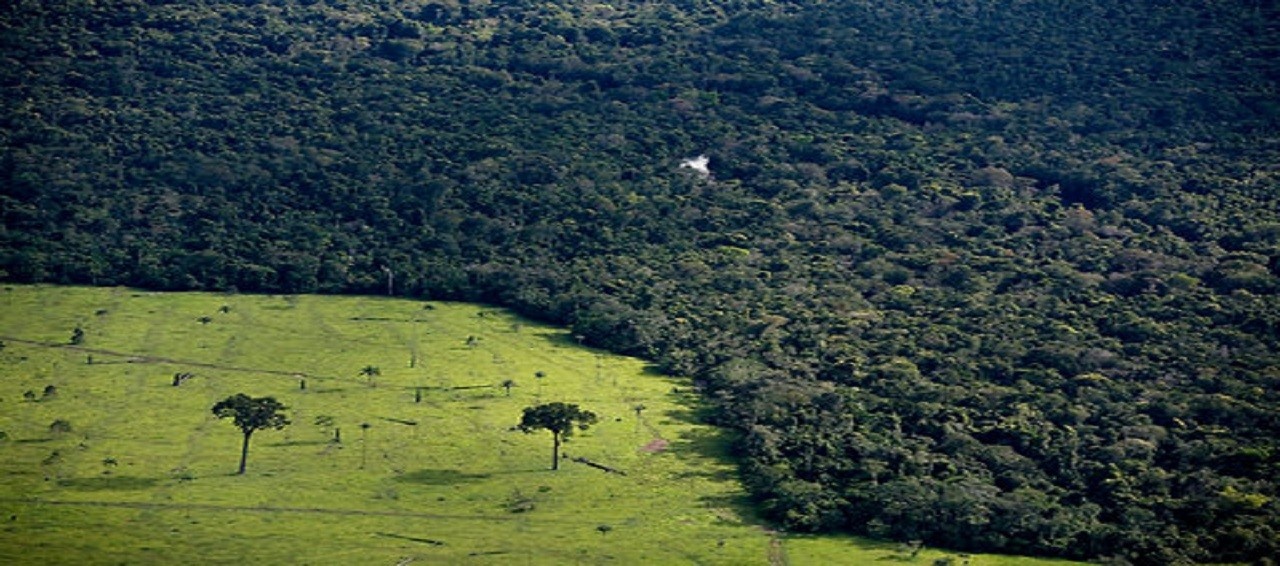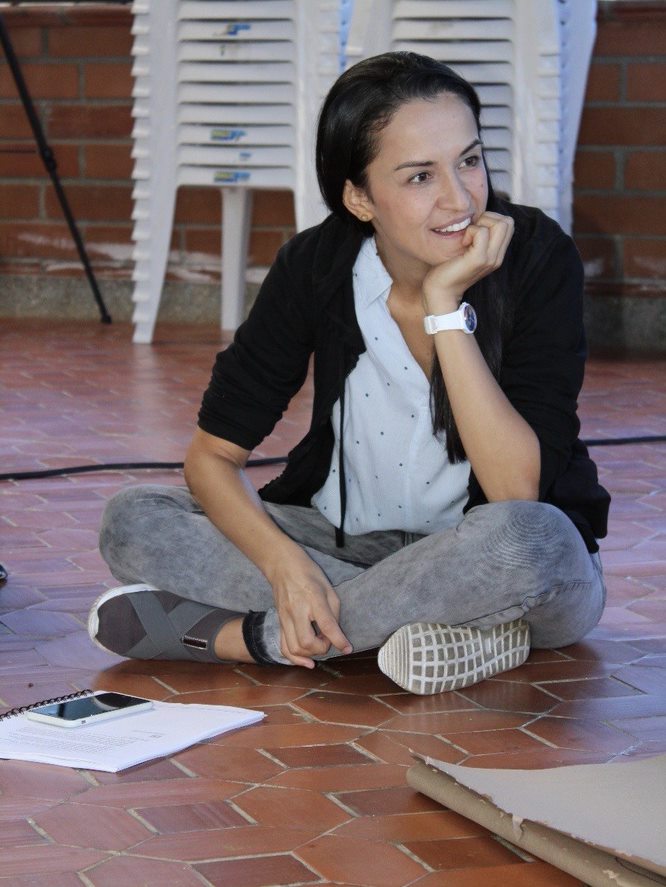Viviana Montoya
MA International Development Studies 2014
Project Manager - United Nations Institute for Training and Research (UNITAR) in Colombia
For Viviana Montoya, her master’s thesis was the start of a new professional journey. It opened the door to join the United Nations Institute for Training and Research in Colombia.
While studying for a bachelor’s degree in International Relations in her home country, Colombia, Viviana thought her future might be at an exporting company, probably managing relations with clients. However, her career took a radical turn after getting an IDS master’s degree at Dalhousie.
“I work in the development sector, and I do manage relations with different organizations at the national and international level, but doing social work”, says Montoya.
As Project Manager at the United Nations Institute for Training and Research in Colombia, the IDS alumna is involved in writing project proposals, monitoring progress towards project goals, and building partnerships with local organizations.
Montoya has played a lead role in the project ‘Youth-led Peace and Reconciliation in Colombia: a Transformational Approach’. The project aims to strengthen the resilience of youth from marginalized communities and their capacities to prevent future conflicts.
The first phase of this project, called ‘Pintando el futuro’ (Painting the future), supported former child soldiers in the process of reintegrating into their families and communities by sharing their experiences in four comic books. This process was carried out with the local organization Ciudad Don Bosco.
“Through the comics, we aim to tear down the stigma walls, to prevent recruitment, and to encourage children and youth to accept and welcome those who were part of armed groups”, Montoya explains.
For Montoya, the most rewarding part of working with UNITAR is to see positive changes in the lives of children, youth and staff from grassroots organizations. “By training professionals, we transform their lives too”, says Montoya, referring to the psychologists and social workers that implement UNITAR-funded projects in 20 out of the 32 departments of the country.
This professional journey started right after graduation from Dalhousie’s IDS master’s program in 2014. “The degree not only opened my eyes, it also cleared my professional path”, affirms Montoya. “Thesis supervisors and second readers are usually very busy people, but I never felt let down by Dalhousie. Thanks to the research I was able to do, I am where I am today”.
Montoya’s thesis ‘Former girl soldiers in Colombia: young voices that need to be heard’ inquired about the experiences of female adolescents that were part of armed groups, and advocated for their agency to be considered in the rights’ restitution process.
Montoya was one of the two first-ever recipients of the scholarship awarded by Dalhousie's Dallaire Institute for Children, Peace and Security. The scholarship funded Montoya’s thesis research and then offered her the opportunity to implement a project to support child soldiers in Colombia. Through that project, Montoya started working with UNITAR.
Besides the support to the research process, Montoya highlights how the master’s program “strengthens the capacity to analyze social phenomena and enhances critical thinking.” Montoya says that the degree allowed her to see the big picture of the development sector and taught her to pursue investigative rigour.
The experience as a graduate student at Dalhousie and as a professional in UNITAR has led Montoya to conclude that self-confidence is key to thrive in the sector.
In Montoya’s view, IDS graduates have auspicious prospects: “The world is acknowledging the relevance of sustainable development. Every sector of the economy needs professionals specialized in development, so we have a broader scope of action”.
Currently, Montoya invests her time and heart in developing new programs of Human Rights education for youth, prevention of gender-based violence, and support for agricultural initiatives from rural communities. To those who pursue a similar career path, Montoya sends a hopeful message: “if you enjoy what you are doing, you’ll eventually fit in the right place”

